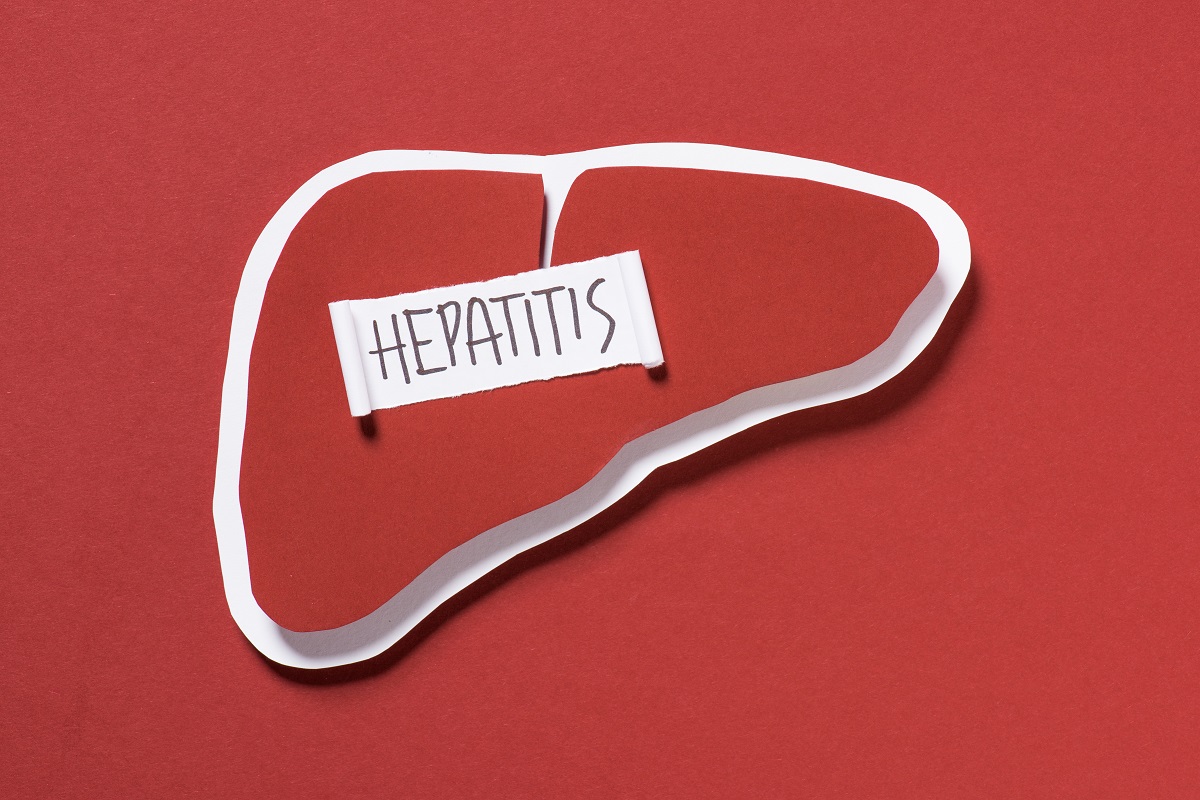A highly contagious liver infection that affects the liver’s ability to function and causes inflammation is called Hepatitis A. This infection is caused by a virus. Mostly, people become infected with this virus through contaminated food, water, or from close contact with an infected person. In any case, mild forms of hepatitis A do not need treatment. Moreover, approximately all people with this liver infection recover completely without permanent damage to the liver.
To prevent the spreading of the virus it is advised to practice good hygiene including regular hand washing. One way to get protected against this virus is vaccination.
Symptoms
The symptoms caused by this liver infection usually appear within several weeks after exposure to the virus. However, this condition does not always cause symptoms. Check below some hepatitis A symptoms:
- Loss of appetite
- Dark urine
- Joint pain
- Yellowing of the skin or eyes (jaundice)
- Intense itching
- Gray-colored stool
- Tiredness
- Weakness
- Abdominal discomfort or pain
- Sudden nausea and vomiting
- Diarrhea
In most cases, previous symptoms are mild and go away within a few weeks but people who experience a severe form of hepatitis A may experience symptoms for months.
It is advised to visit a doctor if any of the following cases occur. Examples include:
- Eat foods in a restaurant with a hepatitis A outbreak
- Liver with an infected person
- Have sex with a person who has hepatitis A
- Travel to areas with an increased risk of hepatitis A virus including Mexico, Central and South America
Causes
A virus that infects liver cells and causes inflammation usually leads to hepatitis A. Inflammation caused by this condition may lead to poor liver function and symptoms.
The hepatitis A virus usually spreads through stool that enters the mouth of another person, who eats or drinks contaminated food or water. In addition, the virus can live on surfaces for months. However, this virus does not spread to other people by sneezing or coughing. Check below other ways that the hepatitis A virus spreads:
- Eat raw shellfish from contaminated water
- Handling food by someone infected with this virus
Risk Factors
Anyone can get the virus that causes hepatitis A. Check below some factors that increase the risk of getting the virus:
- Close contact with an infected person
- HIV infection
- Homeless people
- Misuse of recreational drugs
- Sexual contact with someone who has hepatitis A
- Work or travel in regions with an increased risk of hepatitis A
What Are The Possible Complications of Hepatitis A?
This hepatitis type usually does not cause any long-term complications (including liver damage) and does not become a chronic infection. Rarely, people with hepatitis A may experience a loss of liver function, especially in older adults. Those who experience acute liver failure usually require to stay in the hospital and get treatment and sometimes they need a liver transplant.
Prevention
One sure way to prevent this infection is vaccination, which is commonly given in two shots. These two shots are given during 6 months. However, doctors may give you the vaccine in combination with the hepatitis B vaccine. In such cases, people receive three vaccines in 6 months.
Furthermore, the CDC (Centers for Disease Control and Prevention) advises vaccination against hepatitis for the following people. These include:
- Those who were in direct contact with other people with hepatitis A
- People from countries where this infection is common
- Homeless people including children 1 year old
- Infants from 6 to 11 months who travel in regions with an increased hepatitis A risk
- Laboratory workers
- Males who have sexual contact with males
- Those who travel or work in places with an increased risk of hepatitis A
- People with weakened immune systems
- People with chronic health conditions (including chronic liver disease) and who use recreational drugs
Traveling Precautions
It is advised to follow the tips listed below when traveling to prevent the infection. Examples include:
- Wash thoroughly all fresh fruits and vegetables and peel them yourself.
- You should not eat raw or undercooked meat and fish
- Use bottled water only (especially when brushing your teeth)
You should also regularly wash your hands, especially after using a toilet or changing a diaper.
Diagnosis
To determine whether a person has hepatitis A, doctors perform blood tests. They take a sample of blood from a vein in the arm. Thereafter, it is sent to the laboratory to check for the virus that causes this infection.
Treatment
There are no specific treatment options for this infection. The body clears it on its own in most cases and it lasts roughly 6 months without long-term damage. The treatment goal is to lessen the symptoms and make you feel comfortable. Usually, people need to:
- Get plenty of rest because this infection can make you feel weak and tired.
- Adopt a healthy diet and drink plenty of water to prevent dehydration. It is recommended to eat high-calorie foods more.
- Do not consume alcoholic beverages and use medicines exactly as prescribed by your doctor because the liver may face difficulties in processing medicines and alcohol. People with hepatitis should not drink alcohol because it may lead to liver damage.
Home Remedies
The following steps can help to prevent the spreading of the virus to other people. For example:
- Do not engage in sexual activities while you are infected because it may spread to your sexual partner. Moreover, condoms do not get enough protection.
- Regularly wash your hands especially after the toilet, changing a diaper, or before preparing food.
Frequently Asked Questions
Does hepatitis A go away on its own?
Approximately all people recover fully within 6 months after exposure to the virus with lifelong immunity. For more details, discuss it with your healthcare professional.
Who is at increased risk of getting hepatitis A?
People with a weakened immune system, HIV infection, or who travel in regions where hepatitis A is common are at increased risk of getting the virus.
What are the potential complications of hepatitis A?
In rare cases, this infection can lead to liver failure. However, most people recover completely without long-term damage. If you have additional questions, ask your healthcare professional.




